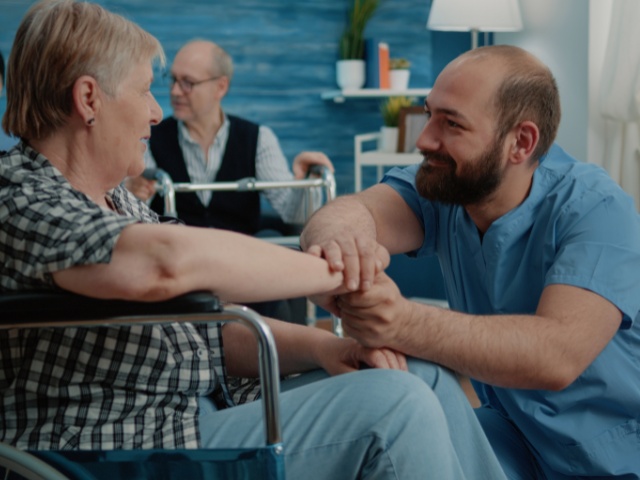
Advanced Palliative Solutions for Cancer Patients
Introduction
A cancer diagnosis often signifies a lengthy journey, marked by rounds of chemotherapy, radiation, surgeries, and emotional turmoil. Palliative care for cancer patients is designed to alleviate suffering, manage symptoms, and provide a support network that addresses both physical and psychological needs. In Kerala, centers like VPRC are evolving to offer specialized services tailored to this vulnerable group.
Beyond Pain Management
When people think about palliative care for cancer, pain relief is often the first thought. While pain management is crucial, modern palliative care also encompasses nutritional guidance, psychological counseling, and rehabilitation therapies. Effective symptom control—whether it’s nausea, fatigue, or neuropathy—enhances patients’ ability to adhere to life-prolonging treatments like chemotherapy.
Multidisciplinary Approach
An integrated team—comprising oncologists, palliative specialists, nutritionists, and counselors—ensures that care is cohesive and individualized. This collaborative model identifies each patient’s unique challenges and crafts a personalized plan. For example, a patient struggling with mouth sores post-radiation might receive special dietary recommendations, pain medication adjustments, and counseling for emotional distress.
Emotional and Spiritual Support
Cancer often triggers existential questions about life, mortality, and personal identity. Counseling sessions and spiritual care can help patients navigate these uncertainties. Group therapy can be particularly effective in Kerala, where community-based support fosters connection and hope. These sessions allow patients to share experiences and coping strategies, reinforcing that they are not alone in their struggles.
Home-Based Care
Many cancer patients prefer recuperating at home rather than extended hospital stays. This is where portable medical equipment, regular home nurse visits, and volunteer-led initiatives play a critical role. Home-based palliative care ensures the patient remains in a familiar environment, surrounded by loved ones and personal comforts.
Quality of Life Focus
Ultimately, palliative care prioritizes the patient’s quality of life. Whether it involves managing debilitating side effects, ensuring proper nutrition, or addressing the emotional toll of a cancer diagnosis, the goal is to enable patients to live with dignity and relative comfort. Even as curative treatments proceed, palliative measures can run in parallel, enhancing overall well-being.
Conclusion
Advanced palliative solutions for cancer patients in Kerala are a testament to the region’s commitment to compassionate, comprehensive healthcare. By centering on symptom relief, emotional support, and family involvement, these services transform the cancer journey from an isolating experience into one where patients feel genuinely cared for. As technology and medical science advance, palliative care will continue to play a pivotal role, ensuring that every cancer patient’s journey is met with empathy, expertise, and unwavering support.





